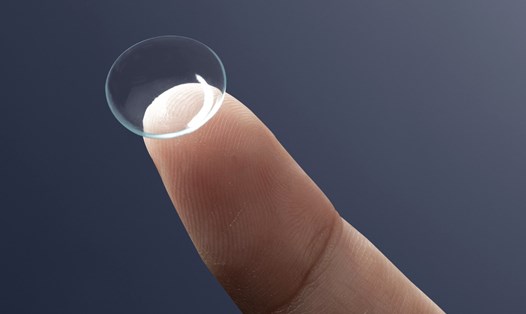Many studies have shown that eating eggs regularly in reasonable amounts can help protect the eyes, improve eyesight and prevent macular degeneration - the leading cause of vision loss in the elderly.
Egg yolks contain lutein and zeaxanthin, two carotenoids that play a major role in filtering blue light and protecting the retina from the harmful effects of oxidation. According to research, people who ate 12 eggs a day for 5 weeks significantly increased lutein and zeaxanthin levels in their blood, thereby helping to improve the health of the golden spot - the central area of the retina.
In addition, eggs also provide vitamin A, an indispensable micronutrient for vision, especially in low light conditions. Vitamin A deficiency can lead to dry eyes, reduced night vision and even cause blindness if prolonged. According to the World Health Organization, vitamin A deficiency is a major cause of preventable blindness in children in many developing countries.
Not only that, eggs are also rich in zinc, a mineral that helps transport vitamin A from the liver to the retina, supporting the production of eye protection pigmentation. A boiled egg provides about 5% of your daily zinc requirement, contributing to maintaining stable visual function.
The special thing is that lutein and zeaxanthin in eggs have higher bioavailability than plant sources such as green vegetables. That is, the body absorbs them from eggs more effectively thanks to the natural fats that come with the yolks.
Eating eggs regularly at a reasonable dosage, about 36 fruits/week, can bring many benefits to the eyes. This is a simple, easy-to-process and nutrient-dense food choice that helps improve eyesight and prevent eye diseases naturally.










